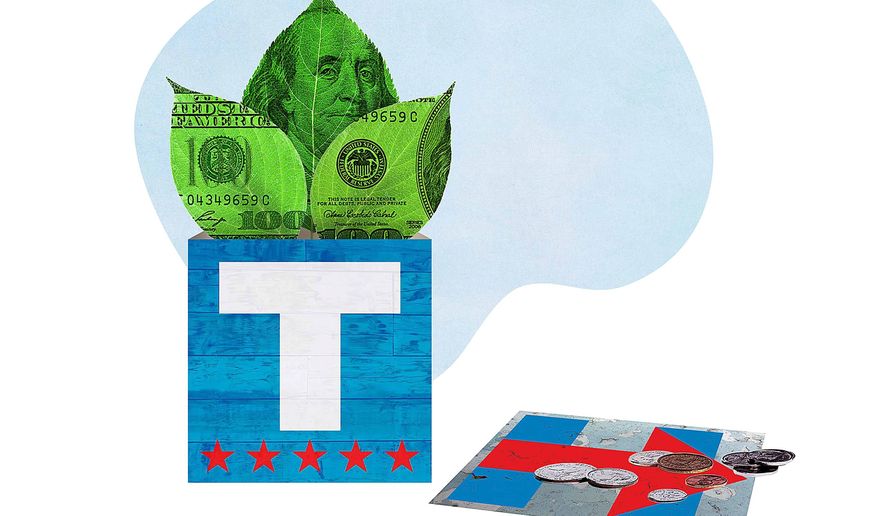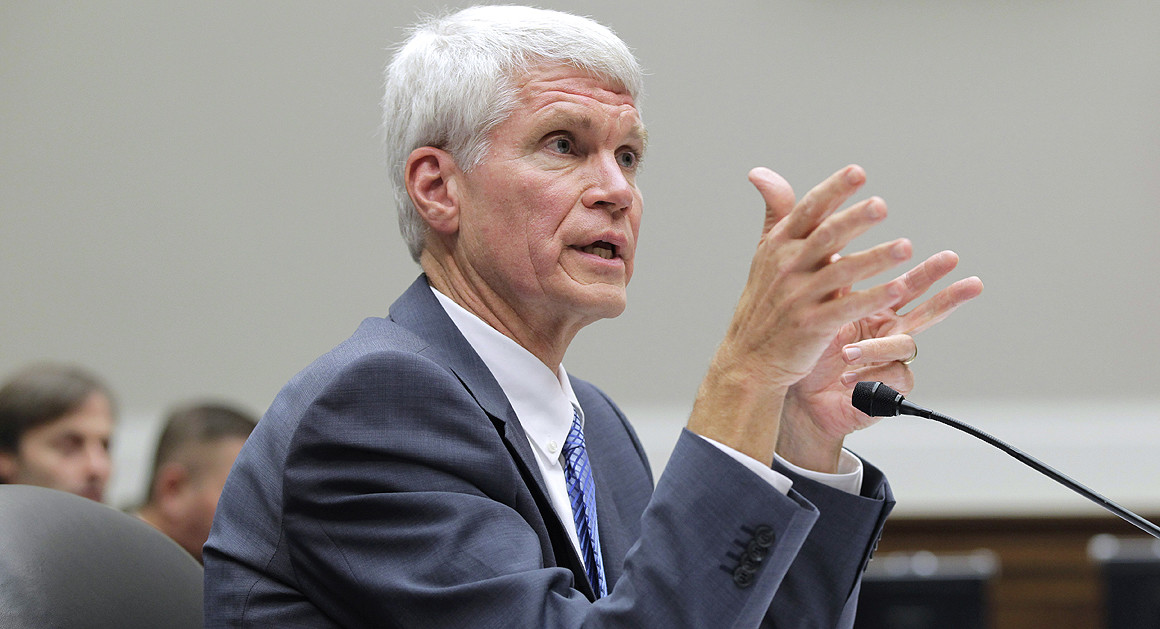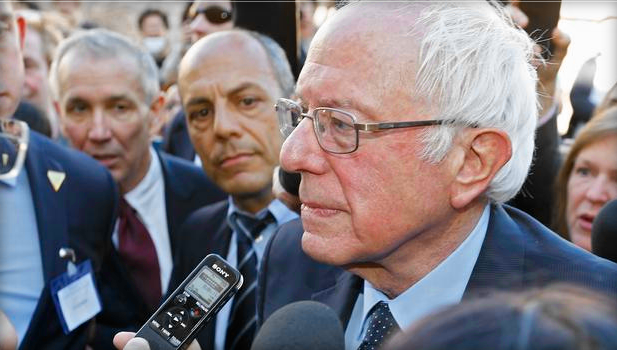-
-
4. Higher taxes on the wealthy
- Background
Taxes are imposed in the United States on income, payroll, property, sales, capital gains, dividends, imports, estates and gifts, as well as various fees. President Obama's tax reform proposals are highlighted in his administration's fiscal year 2013 federal budget proposal and in a framework for corporate and international tax reform presented by the administration.While some of these proposals have become irrelevant due to the "United States fiscal cliff" agreement at the end of calendar year 2012, these policies present a center-left approach to tax reform. In general, the proposals involve some marginal tax rate increases, some marginal tax rate decreases, and base broadening by closing, canceling, or limiting tax loopholes, deductions, credits, or other tax expenditures for top income earners and corporations.
(Source: Wikipedia)
- Official Democratic Position
President Obama and Democrats in Congress cut taxes for every working family, putting more money in the pockets of Americans who need it most. A typical family has saved $3,600 during his first term. Now he's fighting to stop middle class families and those aspiring to join the middle class from seeing their taxes go up and to extend key tax relief for working families and those paying for college, while asking the wealthiest and corporations to pay their fair share. That is why we will always vigorously oppose the type of tax reform supported by Mitt Romney, which independent experts have found would require raising taxes on typical families with children by at least $2,000 if it were paid for. At the same time, Mitt Romney's plan would cut taxes for those making over $3 million by an average of $250,000 and would create incentives that will lead to hundreds of thousands of jobs going overseas at the expense of American workers.
Source: 2012 Democratic Party Platform , Sep 4, 2012
- Official Republican Position
Older people with some accumulated equity can find an economic downturn very menacing because governments at all levels spend more on programs to help working-age families. Will governments respond by hiking levies on the more economically comfortable? Many Tea Party people are acutely worried that the answer will be yes. [One participant] reports a strong fear among Tea Partiers that they may be asked to pay higher taxes in the future, a result consistent with our fieldwork experience.
Tea Partiers' dread of tax hikes even surpasses the usual level at which Republicans worry about and oppose tax increases. 80% of Tea Partiers oppose raising taxes on Americans making more than $250,000 a year, a number that far exceeds the 56% of non- Tea Party Republicans who are opposed to such levies. Even compared to fellow conservatives, Tea Partiers are especially worried about the political response to the economic downturn--which helps explain why the Tea Party outburst happened when it did.
Source: The Remaking of Republican Conservatism, p. 31 , Jan 2, 2012
-
- Strongly Oppose
- Oppose
- No Opinion
- Strongly Support
- Support
- 0 Comments




